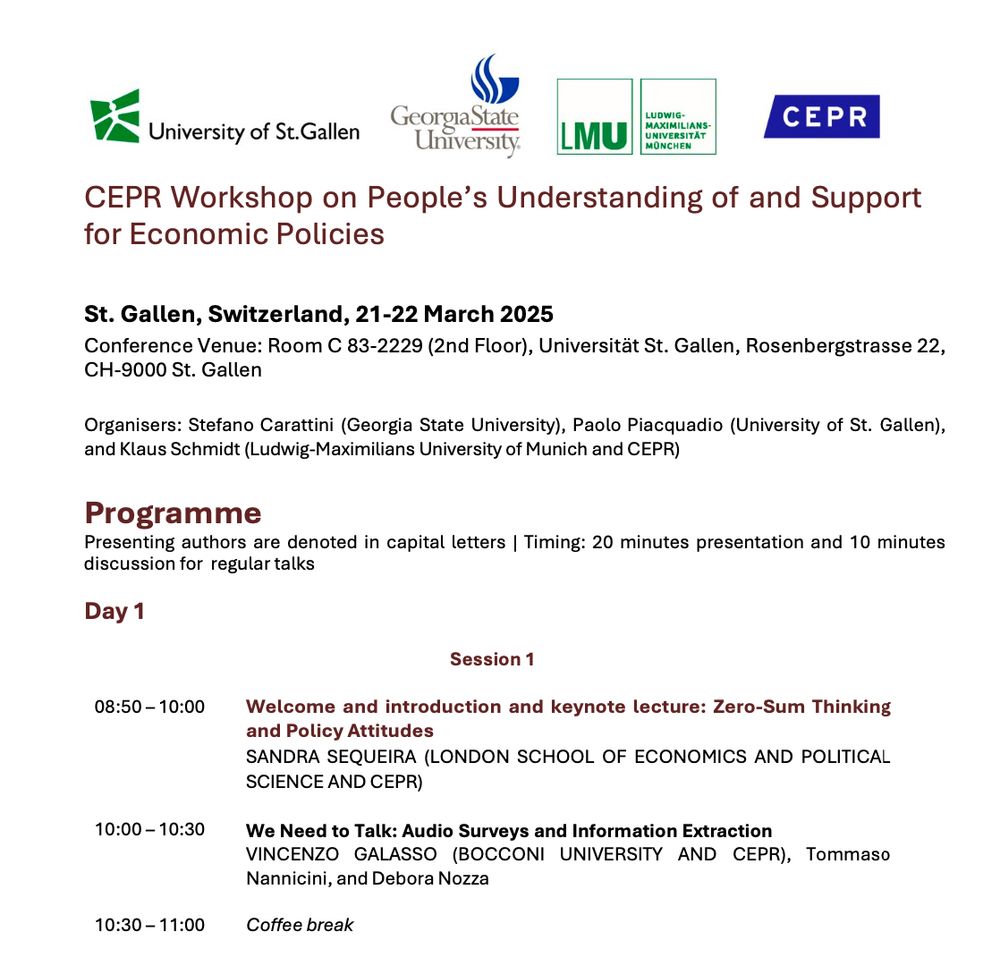Reposted by: Stéphane Hallegatte
Reposted by: Stéphane Hallegatte
Encore plus personnellement je vais amèrement regretter cette ligne dans mes transits réguliers entre l’Ukraine et la France (en train c’est top)
Ouf: Reste le train de nuit Vienne-Bruxelles

Reposted by: Stéphane Hallegatte

Reposted by: Stéphane Hallegatte
CCSS Meeting #73: Defining and measuring socioeconomic resilience by dr. @hallegatte.bsky.social
Science Jam #62: Temporal Networks of Human Interactions by Prof. dr. @jsaramak.bsky.social
Please check out our YouTube channel
www.youtube.com/@centreforco...



Reposted by: Stéphane Hallegatte

www.worldbank.org/en/publicati...



Reposted by: Stéphane Hallegatte
Solar is growing in every EU country and, for the first time in 2024, generates more electricity than coal.
Plenty more powerful and positive insights in
@ember-energy.org's European Electricity Review 2025 out today ➡️➡️➡️ ember-energy.org/latest-insig...

Reposted by: Stéphane Hallegatte
📅Jan 27
⏰11am EST, 4pm GMT, 5pm CET
🔗https://bit.ly/3WpEQhQ
#ClimateChangeMitigation








